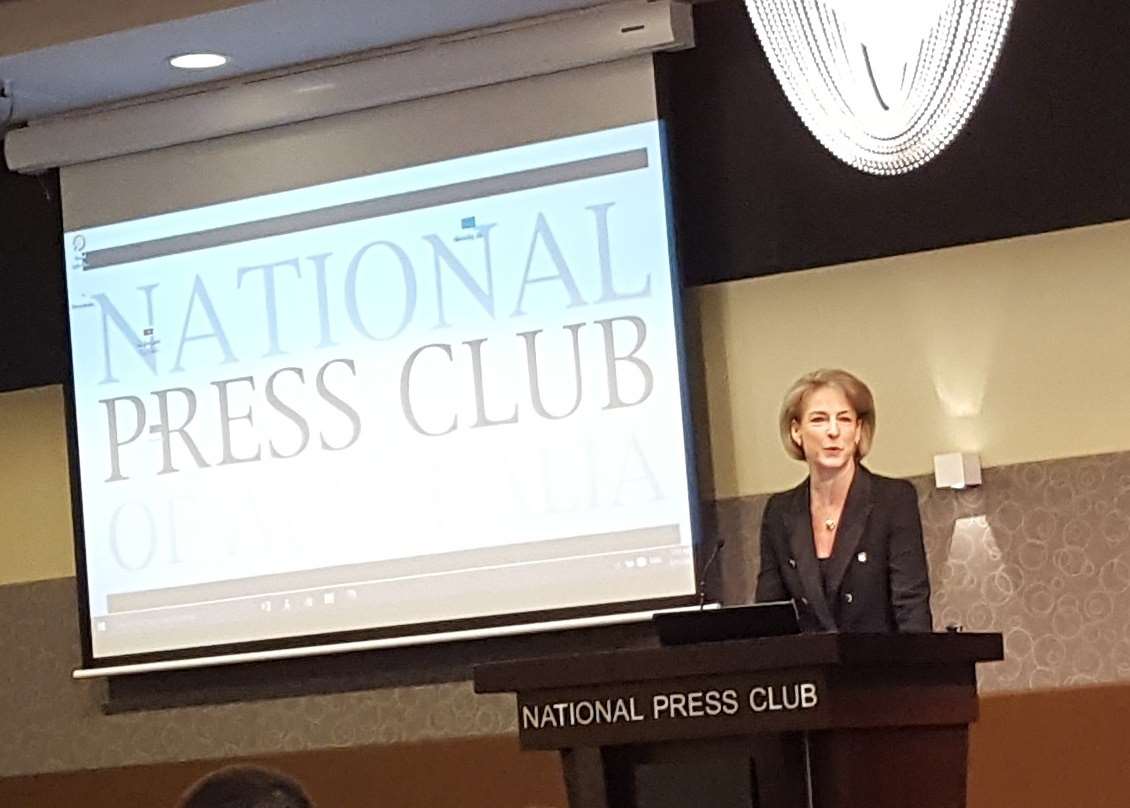A new national taskforce to address diversity -- including participation of women in ICT, mature-age workers, students, and those with disabilities -- has been announced by the ACS at its inaugural Diversity Summit in Canberra this month.
The Summit featured Senator the Hon Michaelia Cash, Minister for Women, and Minister for Employment; Jo Burston, Founder, Inspiring Rare Birds; Julie Inman-Grant, Director of Government Relations APAC, Adobe; Professor Jill Slay, Director, Australia Centre for Cyber Security, School of Engineering & Information Technology, UNSW; and Tim Bradley, General Manager, Economic Advice Service, Department of Industry, Innovation and Science.
Arnold Wong, National VP of Community at ACS, says the taskforce will examine diversity with regards to “gender, age, accessibility and culture.”
A packed gathering at the National Press Club heard that there is still a large pay scale gap with women on average being paid 79c in the dollar compared to men for the same work; that there is a dearth of female role models in ICT for younger women to look up to; and that half of women leave ICT roles in their 30s to have children -- and for the most part -- do not return.
One participant said the “leakage” of women from the industry was unacceptable, and that organisations needed to be held accountable for female workforce retention. “Many women who go into leadership positions don’t have children,” the attendee told the room. “We need to help organisations understand the benefits of signing up to a program to help retain women.”
In 2015 the ACS released a report, The Promise of Diversity in the ICT Profession, which found women represented just 28 per cent of the ICT workforce, compared to 43 percent in the wider professional workforce.
Research by the Grattan Institute suggests that if Australia was to lift its female participation rate by just 6 per cent, our GDP would be $25 billion higher.
Additionally, participants heard of the need to further address the inclusion of mature-age worker, workers with disabilities, workers with different cultural backgrounds, and international students, noting that for Australia to achieve high economic growth we need to value all members of the community.
Mature-age workers are the next largest segment after women for greater workforce participation, Bradley explained, and that it is simply "a waste of human capital not to make use of mature age workers."
Disabled workers won't be forgotten either, with one in five Australians living with a disability according to the Australian Bureau of Statistics (ABS). Disabled workers are an untapped resource with many organisations ignoring the skillsets that disabled employees can bring. For example, Autism Academy helps harness autistic student's natural abilities for roles such as software testing.
The Diversity Summit concluded that the ICT profession must work closely with organisations, teachers, career advisors, key influencers of student career choices, and even parents to address perceptions and initiate cultural change when it comes to improving Australia's track record of diversity in the workforce.










